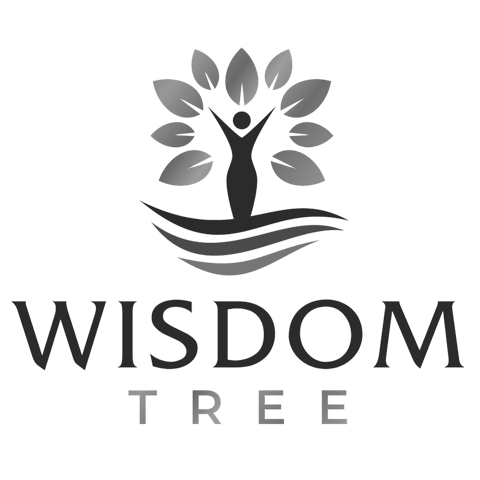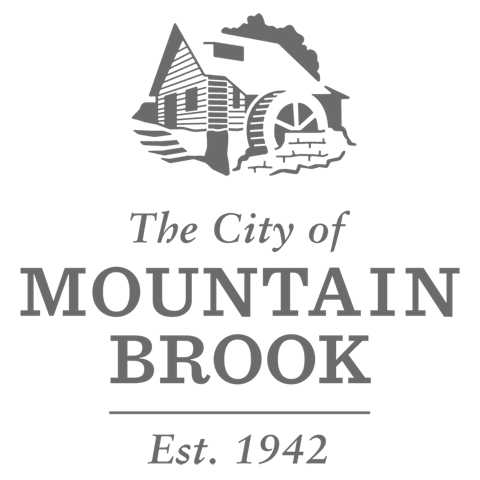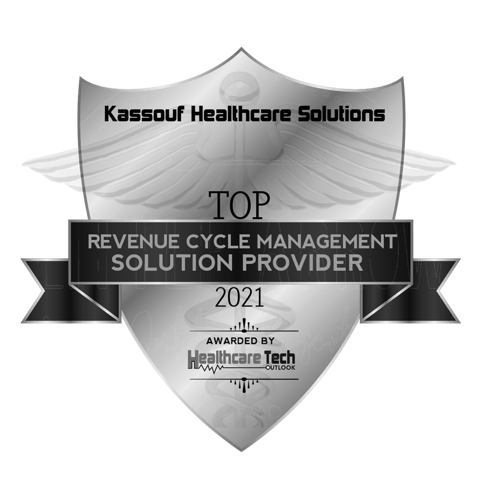Employee Retention: Mentors Can Provide an Edge
Individuals born between 1980 and 2000, known as Millennials, currently comprise nearly half of the American workforce. By 2025, this segment of the population will represent 75 percent of the global workforce. This shift has brought both new energy and new values related to the employee experience into the workplace. These include, but are not limited to, the following:
Millennials want a purpose, not just a paycheck. For millennials, work must have meaning. Compensation is important and must be fair, but they are motivated more by mission and purpose than paychecks. How much time are leaders investing in crystalizing their mission and connecting it with team members? Mentors can help clarify this for individuals who need it.
Millennials are pursuing development, not just job satisfaction. Purpose and development drive this generation, and they expect opportunities to learn and grow. The primary reason people quit a job is for "career growth opportunity." Replacing those who leave can cost 150% of each employee's annual salary, and the Society for Human Resource Management says the average U.S. yearly turnover rate is 18%. Mentors can challenge individuals to learn and consider the personal alignments of passion, culture, challenge, and compensation from a longer-term perspective than is typical. Such trusted wisdom proves to be extremely helpful for both the individual and the corporate enterprise.
Millennials want coaches, not just bosses. Millennials expect their leaders to help them with their performance as a mentor and to value them as people and employees. That requires real relationships, not command-and-control management. Gallup research shows that leaders are primarily responsible for most of their team’s disengagement. Currently, only 15% of workers, globally, are engaged at work, and just 23% say their bosses provide meaningful feedback. A more active mentoring program can help bridge this gap and offer ongoing organizational maturity.
Millennials want ongoing conversations, not just annual reviews. Annual reviews are too infrequent and focus too much on the recent. Millennials need feedback on their current performance, not incidents from the past. Performance reviews inspire only 14% of employees to improve, and just 20% strongly agree that their performance is managed in a way that motivates them to do outstanding work. A mentor can help individuals understand how to sift through such feedback and still focus on strengths.
Millennials want to develop their strengths, not fix their weaknesses. Fixating on their flaws won't inspire millennials to perform. Naming and aiming their strengths will. Weaknesses never develop into strengths, but strengths develop infinitely. Gallup research reveals that the most influential leaders are always investing in their employees’ strengths. Further, workgroups that receive strengths-based development see a 14% to 29% increase in profit and a 10% to 19% increase in sales. Strengths-focused mentors add value to leadership organizations by investing an additional margin of time and focus in such targeted areas.
So, the message is to focus on your brand's purpose and align your individual team members with it – one by one. Develop good mentoring and coaching partnerships. Help your individual team members learn to find a mentor either within or outside of your four walls.
Ten steps to find a mentor:
- Ask: what do you want in a mentor?
- Check with HR to see if they have a mentoring program - Many big corporations offer sponsorship and mentoring programs. Others can tap into industry associations or SCORE.org, a nonprofit association with the U.S. Small Business Administration (SBA).
- Look outside your office - It doesn’t have to be someone with your current company.
- Consider a mentor younger than you - 50-plus workers might want to tap someone who may be junior in age, but who can offer more experience and guidance when it comes to new areas like technology, where they might not be quite as fluent.
- Show them how to help - If you truly have a pressing need, make a specific request of someone. If you don’t ask there’s a good chance they will never know your desire.
- Have fun - Mentorship can be an energy-boosting opportunity for both of you, and it often turns into a friendship. Find ways to meet regularly, even without an urgent agenda. Nurture the relationship. Show your gratitude. Make the relationship reciprocal by serving as a source of information and support for your mentor in some way.
- Be a mentor - This will give you a better idea of how to work with a mentor yourself. Even if you are at the bottom of your hierarchy at work, you might find mentees through alumni associations or non-profits where you volunteer.
- Listen always - Whether you are the mentor or mentee, you can cultivate the relationship by asking questions and sincerely listening to the answers. Sometimes a mentor’s most important input is to give practical feedback.
None of this should ever be considered to be “caving to millennials' demands.” It is simply how you take some important steps toward both lasting performance improvement -- and business results.
For more on Gallup’s latest survey, click here!
For more on DREAM4 and their impact on organizational engagement, leadership development, and mentoring programs, visit our services page. If you are interested in learning more about personal mentoring opportunities for your organization, let us know!
How We Serve
Looking for a different solution? Click here
Google's average rating of 5.0 out of 5 stars from 7 reviews.
DREAM4 is trusted by over 5,000 happy customers across the country.















